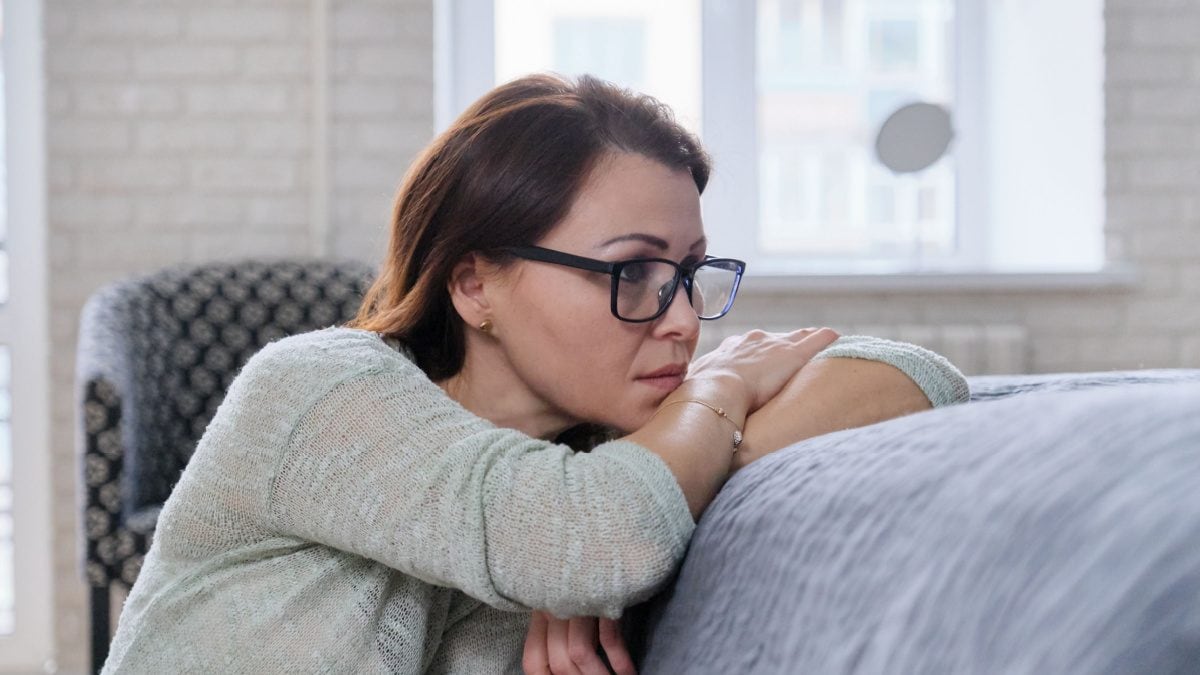Debunking Myths About Menopause

It is crucial to dispel these myths to ensure that women have accurate information about menopause
Menopause is a natural phase of life that marks the end of a woman’s reproductive years
Menopause is a natural phenomenon that signifies the conclusion of a woman’s reproductive cycle. It happens when a woman’s ovaries stop releasing eggs and menstruation ceases. Menopause typically takes place between the ages of 45 and 55 but can occur earlier or later. Unfortunately, there are several myths surrounding menopause, and believing them can be detrimental. Therefore, it is crucial to dispel these myths to ensure that women have accurate information about menopause. Dr. Parul Sathe, Consultant Obstetrics & Gynecology, Apollo Hospitals Navi Mumbai, debunks some common misconceptions about menopause.
- Myth: Menopause always starts at age 50
Truth: The average age for menopause is 51, but it can happen anytime between the ages of 40 and 58. - Myth: Menopause means the end of your sex life
Truth: While hormonal changes can cause vaginal dryness or discomfort, there are many ways to address these issues and maintain a healthy sex life. - Myth: Menopause causes mood swings and depression
Truth: While hormonal changes can contribute to mood swings or depression, they are not the sole cause. Other factors like stress or life changes can also impact mood during this time. - Myth: Menopause leads to weight gain.
Truth: While hormonal changes can impact metabolism and make it easier to gain weight, menopause itself does not cause weight gain. Regular exercise and a healthy diet can help manage weight during this time.
Facts about Menopause:
Menopause is a natural phase of life that marks the end of a woman’s reproductive years. Dr Sathe shares some facts about menopause:
- Hormone replacement therapy (HRT) can be used to manage some of the symptoms of menopause, but it is not recommended for all women.
- Regular exercise and a healthy diet can help manage weight and reduce the risk of chronic diseases that can be more common after menopause.
- Women should continue to have regular health screenings, including mammograms and pelvic exams, after menopause.
- Symptoms of menopause can include hot flashes, night sweats, mood swings, vaginal dryness, and changes in libido.
For all the latest lifestyle News Click Here

